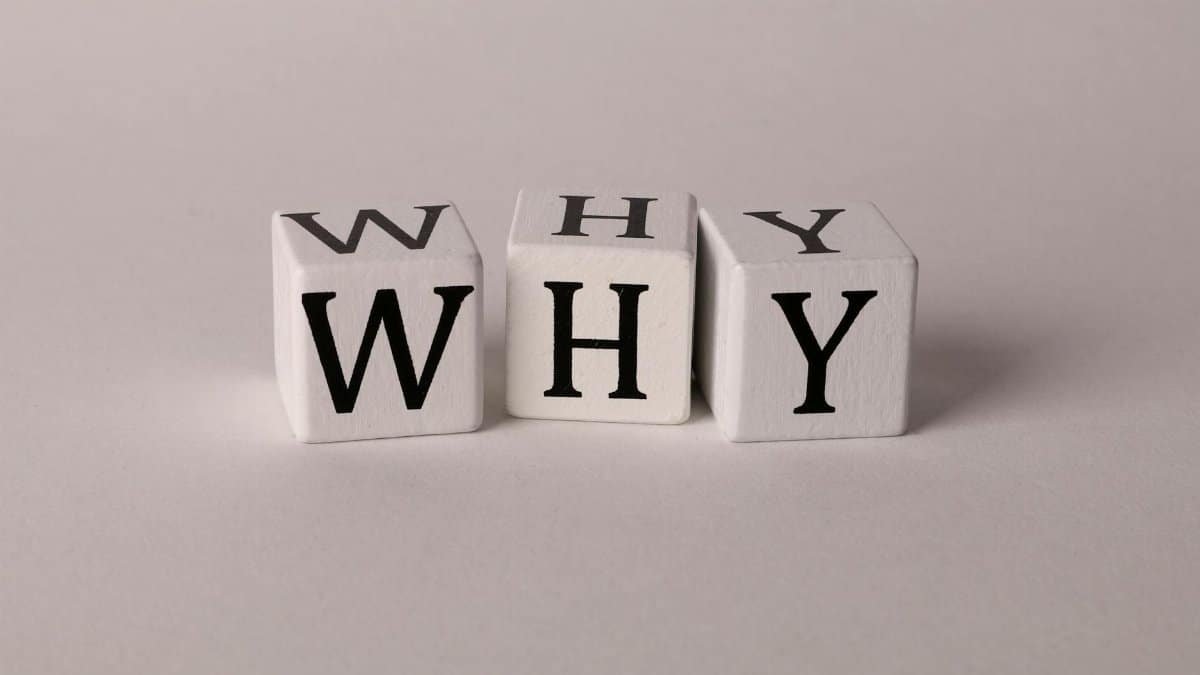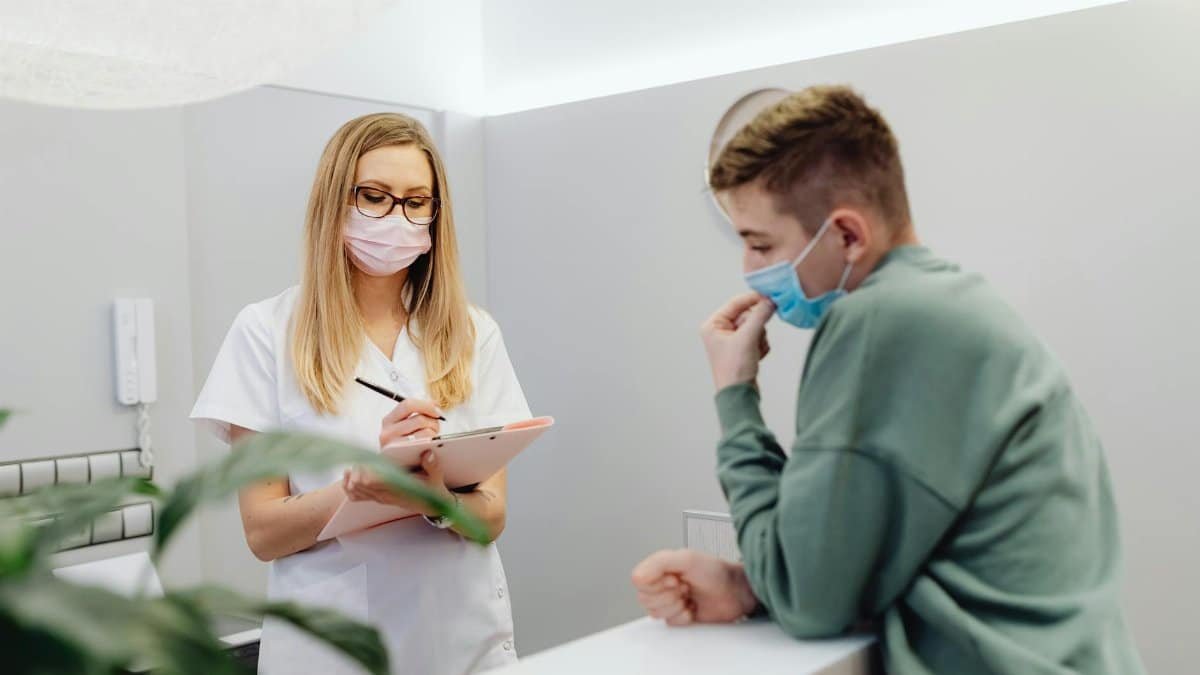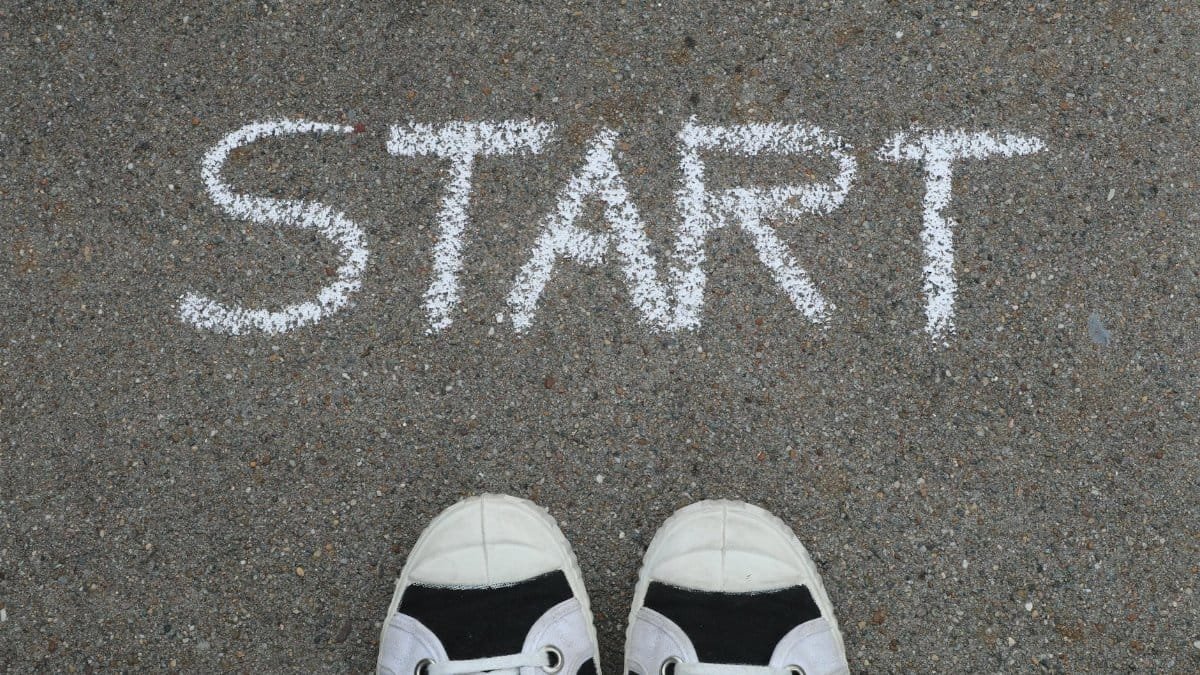Is massachusetts digital peace really the solution to our screen-addicted lives? On May 25, 2025, the Massachusetts legislature passed a non-binding resolution dubbed “Digital Peace Sunday,” urging residents to unplug from devices one day a week. This initiative, reported by the Boston Globe, aims to combat digital overload by encouraging a collective detox. It’s a bold statement in a tech-saturated world, sparking conversations about mental health, community connection, and the cognitive toll of constant connectivity. But can a symbolic gesture truly shift habits in the Bay State?
A Call to Unplug

The “Digital Peace Sunday” resolution, passed unanimously, isn’t a mandate but a plea. It asks Massachusetts residents to designate Sundays as a device-free day, stepping away from smartphones, tablets, and laptops. The idea is simple: reclaim time for face-to-face interactions, outdoor activities, or just quiet reflection. Lawmakers behind the resolution argue that the constant barrage of notifications and screen time is eroding mental well-being, a concern backed by growing research on digital fatigue.
Why Now?

The timing of this resolution isn’t random. With screen time averages climbing—especially post-pandemic—Massachusetts legislators pointed to alarming trends. Studies show increased anxiety, sleep disruption, and diminished focus tied to excessive device use. The resolution highlights a need for balance, particularly in a state known for its tech hubs like Cambridge and Boston. The call for massachusetts digital peace resonates as a counterbalance to the region’s innovation-driven culture, where being “always on” is often the norm.
Boston Transit Joins the Movement

To support the initiative, Boston’s public transit system has rolled out a creative incentive. Book-swap kiosks are now popping up at select MBTA stations, offering commuters a chance to trade paperbacks and disconnect during their rides. The program, launched alongside the resolution, aims to replace mindless scrolling with reading. Transit officials hope these kiosks will nudge riders toward mindful habits, aligning with the broader push for digital detox in the state.
MIT Steps In to Study Impact

The resolution has also caught the attention of academic heavyweights. Researchers at the Massachusetts Institute of Technology (MIT) are gearing up to study the cognitive and social effects of periodic device abstinence. Their focus will be on whether stepping away from screens—even for just one day a week—can measurably improve focus, stress levels, and interpersonal relationships. This study could provide hard data on whether massachusetts digital peace initiatives have a tangible impact, potentially shaping future policies.
Public Reception and Challenges

While the resolution has been praised for raising awareness, not everyone is on board. Some residents argue that a device-free day feels impractical in 2025, when work, social life, and even basic tasks like navigation often rely on tech. Others see it as a refreshing reminder to prioritize real-world connections. The debate underscores a larger tension: how to balance digital convenience with mental health in an era where screens dominate daily life.
Broader Context and Supporting Research

The push for digital detox isn’t unique to Massachusetts. Across the U.S., concerns about screen time have spurred similar movements, from school phone bans to corporate wellness programs. Research from the Pew Research Center highlights that a significant portion of Americans feel overwhelmed by constant connectivity, with many seeking ways to unplug. Additionally, studies summarized by the National Institutes of Health link high screen exposure to anxiety and depression, especially among teens, lending weight to initiatives like this one.
A Symbolic Start

Ultimately, “Digital Peace Sunday” is a symbolic gesture, not a enforceable law. Its success hinges on public buy-in and cultural shifts, which are notoriously hard to predict. Yet, with transit initiatives and academic research backing the effort, Massachusetts is positioning itself as a leader in addressing digital overload. Whether this resolution sparks a lasting movement or fades as a fleeting trend remains to be seen, but it’s undeniably struck a chord in a state—and nation—grappling with tech’s double-edged sword.
